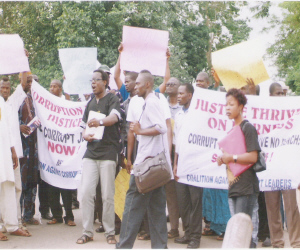Welcome to CACOL Website
+2348037194969
cacol@thehumanitycentre.com

















































































You must be logged in to post a comment.